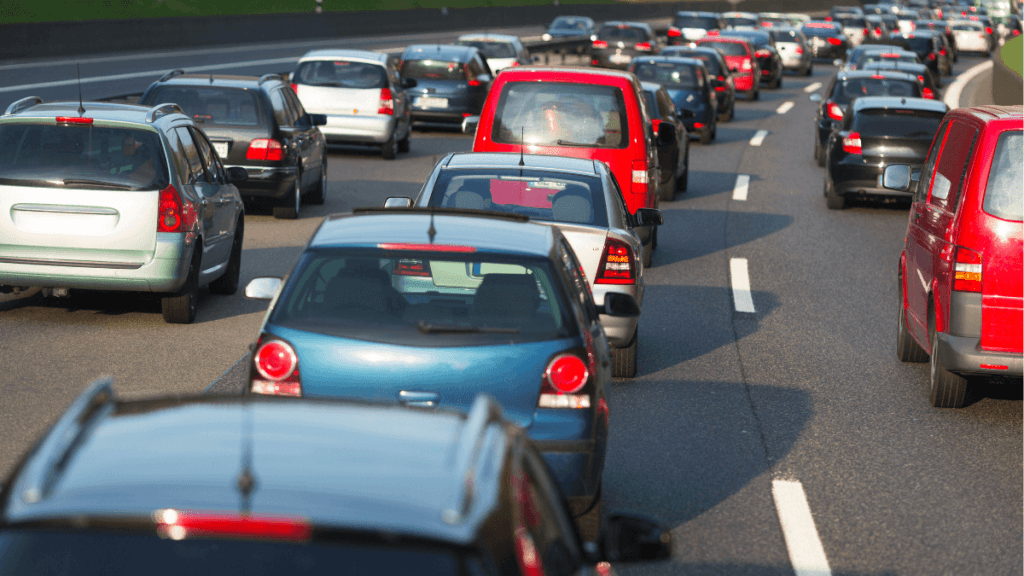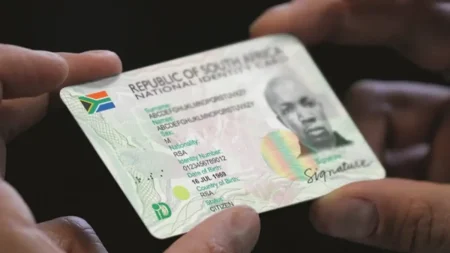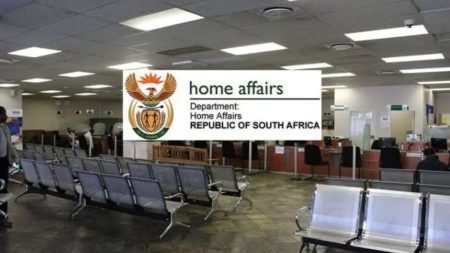Good Friday, a significant public holiday in South Africa, is not only a time for spiritual reflection and family gatherings but also one of the busiest travel days of the year. With thousands of motorists heading to religious services, holiday destinations, and family homes across the country, the risk of getting stuck in long traffic jams increases significantly.
According to the Road Traffic Management Corporation (RTMC), Easter weekend sees a spike in road fatalities and congestion, with Good Friday consistently ranking as one of the most congested travel days. Fortunately, there are smart and practical steps travellers can take to avoid unnecessary delays.
Here are some key tips to help you steer clear of traffic jams and travel safely this Good Friday:
1. Plan Your Trip in Advance
One of the best ways to avoid congestion is to plan your journey ahead of time. Check your route for expected traffic build-ups, construction work, or accident hotspots.
Use apps like Google Maps, Waze, or TomTom to check real-time traffic updates.
Plan alternative routes in case of sudden congestion or road closures.
Consider using SANRAL’s interactive travel maps for information on toll routes and rest stops.
2. Avoid Peak Travel Times
Traffic usually peaks during the following times on Good Friday:
Early morning (05:00 – 09:00) as people travel to church or leave for the weekend.
Midday to early afternoon (12:00 – 15:00) as holidaymakers hit the road.
Best travel tip: Depart either very early (before 04:30) or later in the afternoon after 17:00, depending on your distance and destination. Travelling outside peak hours significantly reduces the risk of being caught in gridlocks.
3. Use Less Popular Routes
Most traffic jams occur on major highways such as:
N1 (Johannesburg to Limpopo)
N3 (Johannesburg to Durban)
N4 (Pretoria to Mpumalanga)
N2 (Cape Town to Eastern Cape/KZN)
If possible, choose secondary roads or scenic back routes that are less congested. Apps like Maps.me and Here WeGo offer offline navigation options for less-travelled roads.
4. Monitor Live Traffic Reports
Stay tuned to live radio traffic updates from stations such as:
SAfm
947 Traffic
Power FM
East Coast Radio (ECR Traffic)
Alternatively, follow @TrafficSA, @ArriveAlive, or @GP_RTS on X (formerly Twitter) for real-time alerts on accidents, roadblocks, and congestion points.
5. Travel Light and Smart
Avoid unnecessary delays by preparing your vehicle and luggage beforehand.
Checklist for a hassle-free journey:
Ensure your vehicle is roadworthy (tyres, brakes, lights, fluids).
Pack snacks, water, and entertainment for passengers.
Make sure your toll fees or e-toll accounts are sorted to prevent queuing.
A well-prepared vehicle also reduces the risk of breakdowns that can leave you stranded and worsen traffic conditions.
6. Avoid Alcohol and Stay Alert
The Easter weekend is sadly notorious for drunk driving incidents. According to the RTMC’s 2023 Easter road report, alcohol-related crashes increased by 13%, particularly on Good Friday.
If you’re driving:
Avoid alcohol completely the night before and during the trip.
Take regular breaks every two hours or 200 km.
Share the driving responsibility if travelling long distance.
Fatigue and impaired driving are major contributors to accidents – both of which also create long road closures.
7. Check Weather and Road Conditions
Good Friday often falls during the start of autumn rains in South Africa, which can lead to slippery roads, reduced visibility, and accidents.
Use the SA Weather Service (www.weathersa.co.za) to check conditions along your route.
Drive slower in wet or misty weather and ensure your wipers and headlights are working.
In areas prone to flash floods (e.g., KZN, parts of Mpumalanga), avoid river crossings and back roads without proper drainage.
8. Use Park-and-Ride Services
In metropolitan areas such as Johannesburg, Pretoria, Cape Town, and Durban, many churches or stadiums offer park-and-ride services to reduce congestion near venues.
Check with local authorities or church organisers about shuttle services.
Consider using Gautrain, Rea Vaya, or MyCiTi to avoid inner-city gridlocks entirely.
9. Travel a Day Earlier (If Possible)
If your schedule allows, leave on Thursday afternoon or evening instead of Good Friday morning. Roads are significantly clearer, and accommodation check-ins are more flexible.
This not only saves you hours on the road but also allows you to settle in and rest before the Easter activities begin.
10. Keep Emergency Numbers Handy
In case you are caught in a delay due to an accident or breakdown, ensure you have the following numbers saved:
RTMC emergency line: 0861 400 800
ER24: 084 124
Netcare 911: 082 911
AA Roadside Assistance: 0861 000 234
Being prepared reduces panic and helps emergency services reach you quicker if needed.
Check also: Essential Food Prices Update: Pilchards, Maize, and Eggs Drop While Sunflower Oil Rises
Good Friday should be a time of peace, reflection, and safe journeys. With smart planning, early departure, and real-time awareness, South Africans can avoid the worst traffic jams and get to their destinations safely. Whether you’re heading to a family braai in Limpopo, a sunrise service in Soweto, or a beachside escape in the Garden Route, remember: your safety is the most important destination.










